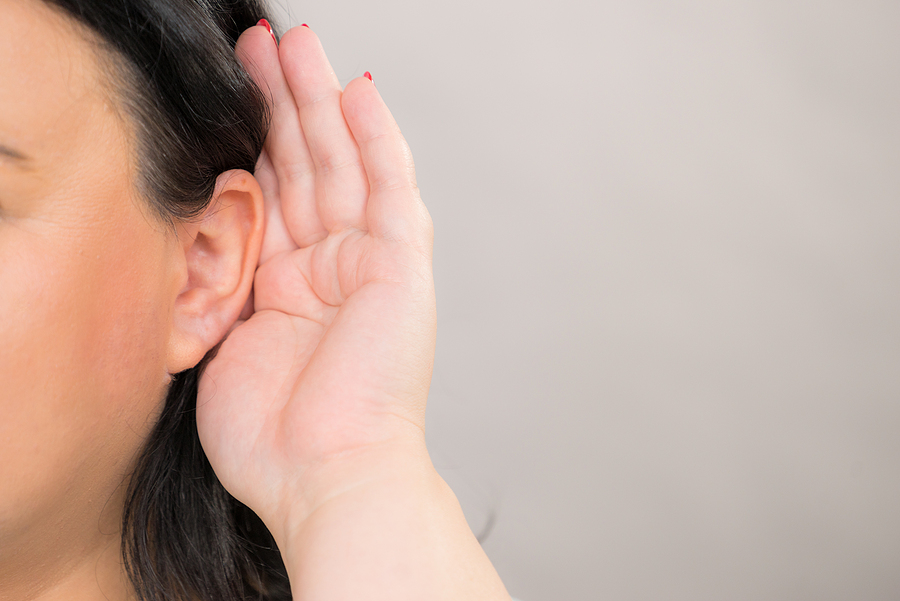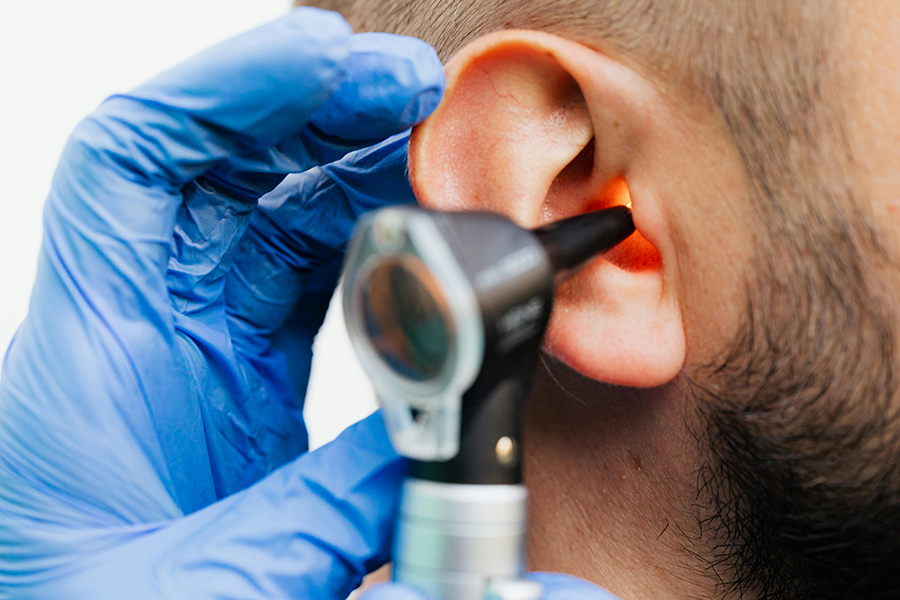Is late-onset hearing loss genetic? Find out more in this article.
 Hearing loss is incredibly common – impacting more than 48 million people in the United States. Could genetics play a role? While there are many causes of hearing loss, medical experts believe that genetic makeup could make some people more susceptible to late-onset and other types of hearing loss. In this article, we’ll explore the possible connection between genetics and hearing loss and provide general advice for people experiencing loss of hearing.
Hearing loss is incredibly common – impacting more than 48 million people in the United States. Could genetics play a role? While there are many causes of hearing loss, medical experts believe that genetic makeup could make some people more susceptible to late-onset and other types of hearing loss. In this article, we’ll explore the possible connection between genetics and hearing loss and provide general advice for people experiencing loss of hearing.
The science behind genes and hearing loss
Genes are the chemical units found inside all cells in the human body, including the ears. Genes found in ear cells can influence the cochlea, the part of the body that turns sounds into signals that the brain understands. The cochlea receives instructions and information from genes about how to function. Sometimes, changes occur in the DNA of these genes, affecting the cochlea’s function in such a way that results in hearing loss.
Genetics and late-onset hearing loss
Late-onset hearing loss affects some people later in life. Experts believe that inherited genes, including the DFNA10 gene, can make some people more susceptible. Beyond genetics, several other risk factors can play a role in late-onset hearing loss, including loud noise exposure, certain medicines, or health conditions like meningitis that affect the auditory system.
Genetics and other types of hearing loss
Genes may also play a role in hearing loss that affects people earlier in life. The CDC estimates that 50-60% of hearing loss in babies is rooted in genetics. However, numerous environmental factors can also contribute to hearing loss, including maternal infections during pregnancy and complications after birth. Other times, both genes and environmental factors work together.
Advice for people with hearing loss
Whether your hearing loss is caused by genetics or not, the following tips are helpful for anyone experiencing loss of hearing:
- Schedule regular hearing exams with your audiologist
- Learn how to detect hearing loss in yourself and others
- Explore hearing loss technology, including assistive listening devices, hearing aids, and captioned telephones
- Limit exposure to loud noises
- Remove earwax properly
- Avoid smoking
- Wear hearing protection
In this article, we explored the connection between genetics and hearing loss, as well as some general tips for those experiencing hearing loss. For more helpful advice and tips, continue to our blog. If you have questions or would like more information, please consult your doctor.
If hearing loss makes phone conversations difficult, see our selection of CapTel captioned telephones that can help you catch every word.


